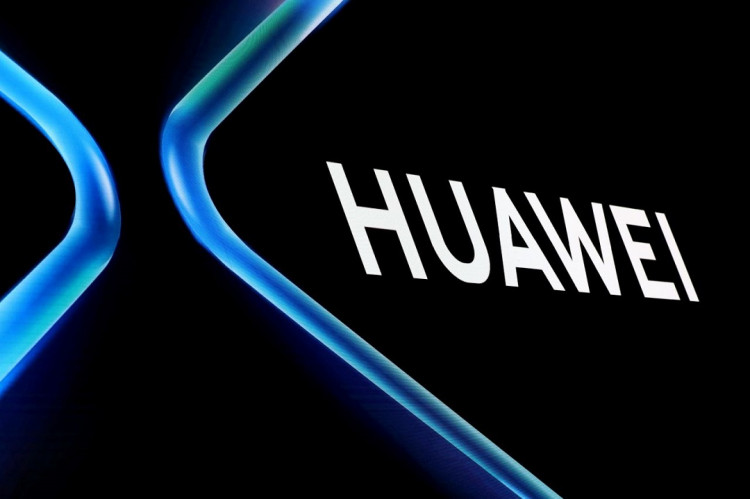U.S. chipmaker Skyworks Solutions has confirmed that shares dropped following the government's blacklisting of Huawei, one of the company's major business partners. The Chinese tech behemoth accounts for around 12 percent of the U.S. firm's revenue.
According to CNBC, Skyworks has also slashed its 2019 guidance following tech stock prices plummeting between 12 percent and 24 percent ever since U.S. President Donald Trump ordered the blacklisting of Huawei.
"Skyworks ceased all shipments to Huawei and its affiliates as of the date Huawei was added to the Entity List and cannot currently predict if and when shipments will resume," Skyworks said on Tuesday.
In the executive order, it is stated that American firms can no longer be in business ventures with the Chinese tech provider. The news has since rocked the tech sector and resulted in the stock decline of multiple U.S. tech companies including Skyworks.
Analysts initially predicted that only Chinese tech companies will suffer from the ban but it appears that American firms are also feeling the heat. Qorvo, a U.S. WiFi equipment, and radio frequency provider, also cut its guidance and discontinued business ties with Huawei.
Neophotonics is one of the U.S. firms that also took the harshest beating from the Huawei blacklisting. The company's annual report from last year revealed that 46 percent of its revenue came from the Chinese provider. It has yet to be disclosed how huge of an impact the ban will bring upon Neophotonics.
U.S. companies from other sectors have also expressed concerns about the upcoming Entity List that China will unveil soon. The Chinese government said it will also release a list of unreliable American companies that pose serious risks to Chinese business.
The U.S.-China Business Council (USCBC) told Reuters on Monday that member companies are worried about how the escalating trade war will affect business if the spat continues. Around 200 U.S. firms are part of the organization, further igniting fears among businesspeople.
Vice President of USCBC China operations, Jacob Parker said American members are mainly concerned about the uncertainty that will come after Beijing unveils its own Entity List. After all, the Chinese government appears to be retaliating only after the White House makes a move.
Based on data from the American Chambers of Commerce (AmCham), there are over 2,000 U.S. firms that do business in China. For AmCham Shanghai President Ker Gibbs, the latest development in the trade war is "discouraging."
Tourism firms are also anxious about China's latest safety warning against traveling, studying, and working in the United States. Some analysts predicted that the warning could hurt the American tourism sector.






